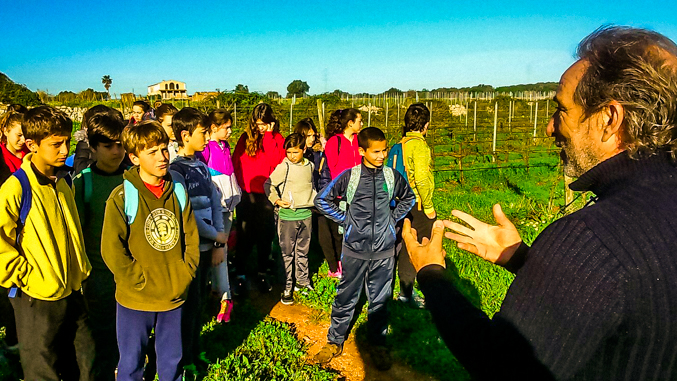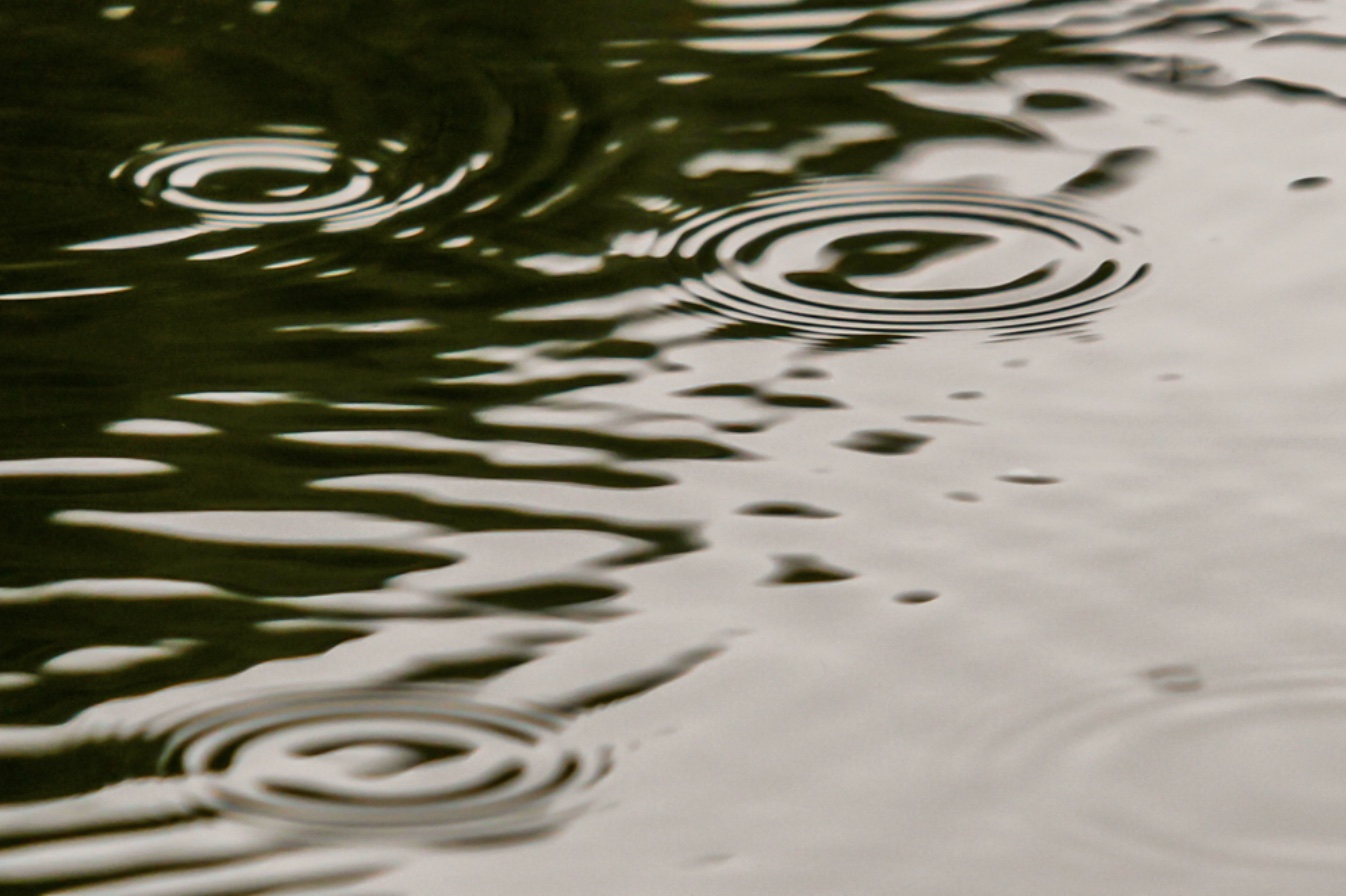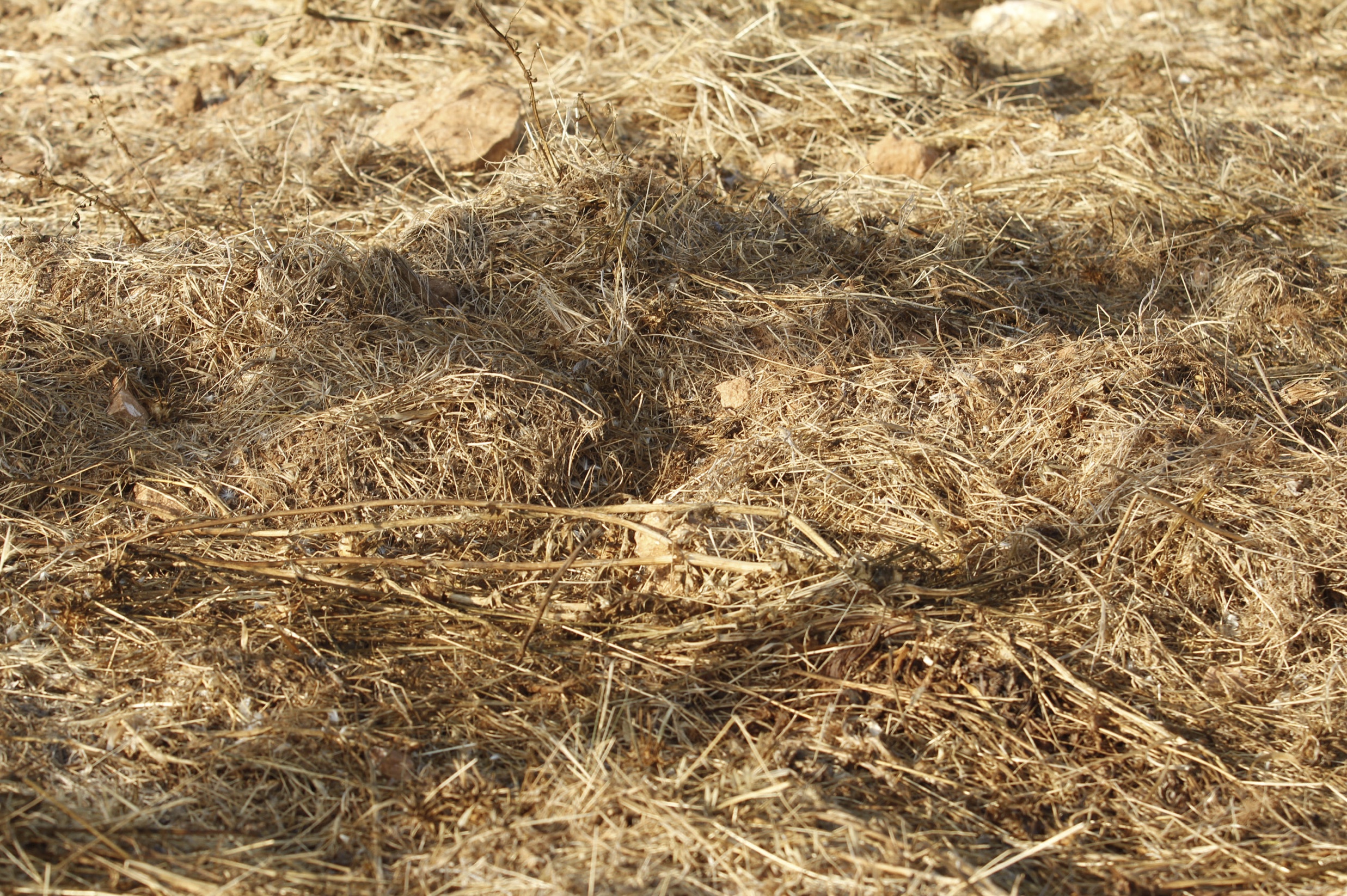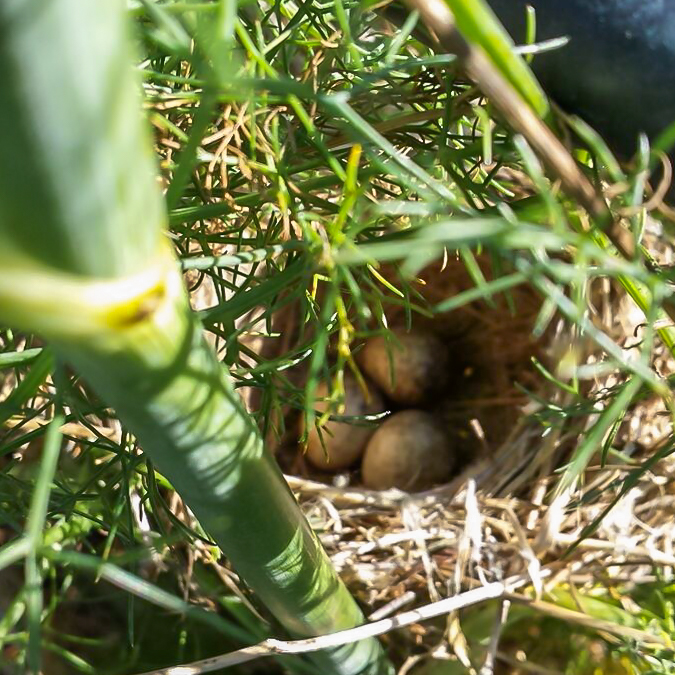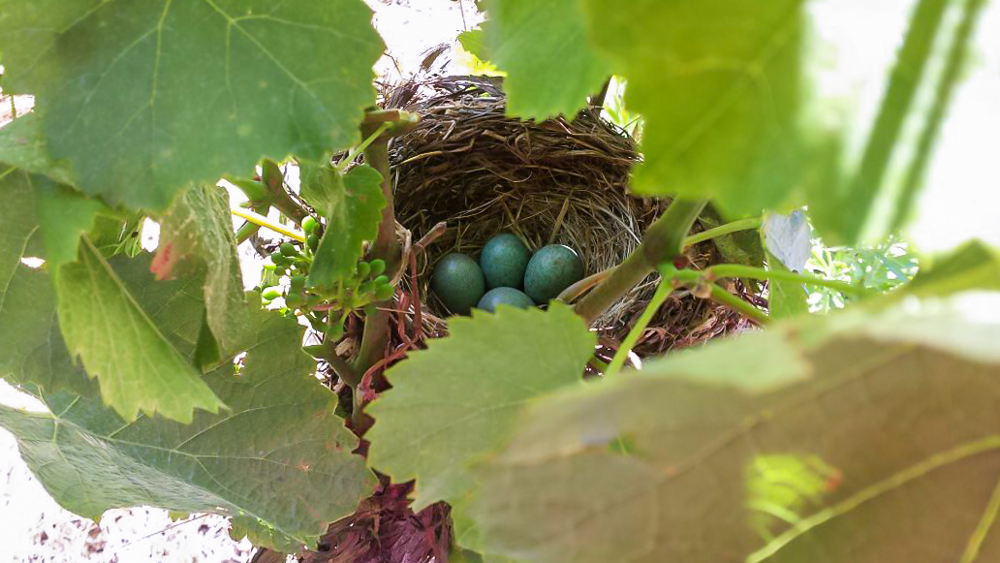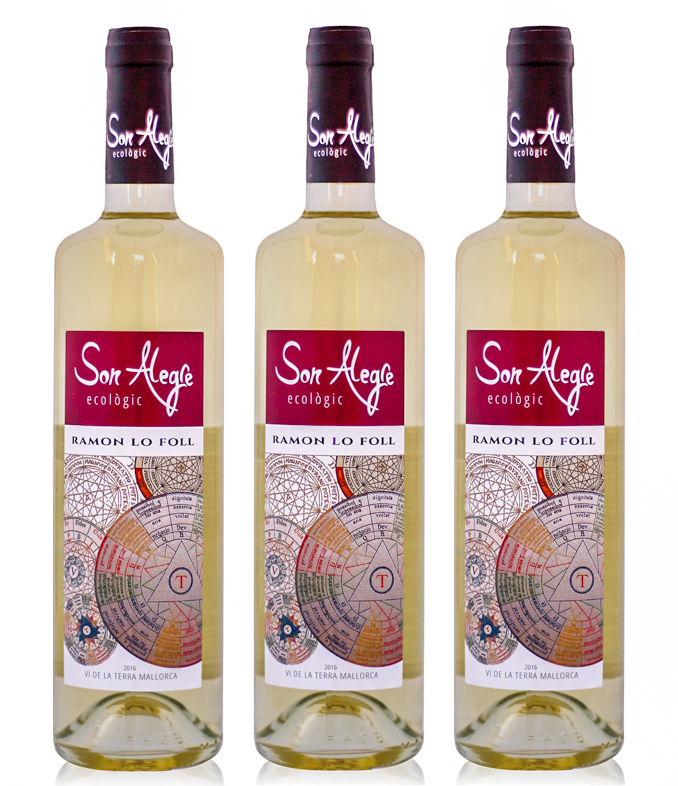
When talking about wine, one is rather inclined to talk about the bouquet, the nose, the colour, the alcohol volume, the festive mood it evokes, all that and more. But none of that is really important. What is crucial for wine to become all of that is the soil on which the grapes grow and the climate and the environment in which they are cultivated.
As you may know, we farm our land and the vineyard under fairly strict organic and biodynamic conditions. We are passionate about working hand in hand with nature, with the elements, with the influence of the moon and with the terrain we work on, or rather, with the soil we are blessed with on this, our land.
Why is the soil so important? Isn’t it right to think that things we can’t see can’t be all that significant? The non-visible can hardly be all that important, or can it?

The truth is that our soil is an ecosystem so incredibly vast that it defies the boundaries of our imagination. We get 99% of our food from this ecosystem and yet we hardly know about it. We certainly depend on it for our grapes and the wine we cultivate from them, but we hardly appreciate it, our soil.
A square metre of undisturbed soil here in Mallorca is home to up to several hundred thousand small creatures, or quite possibly even more. About 90% of the species to which they belong have not even yet been named. One gram of this soil – less than a teaspoon – contains about one kilometre of fungal filaments.

But even more fascinating than the diversity and richness of soil is the question of what it actually is. Most people see it as a dull mass of ground-up rock and dead plants. But it turns out to be a biological structure built by living things to ensure their survival, like a wasp’s nest or a beaver dam. Microbes make cement from carbon, which they use to stick mineral particles together, creating pores and passageways through which water, oxygen and nutrients flow. The tiny clumps they form become the building blocks that creatures use in the soil to construct larger labyrinths.
You might understand now why we, at Son Alegre, do not plough our land. If we worked and stressed our soil with heavy machinery and dug up what our tiny collaborators have crafted underground, we would simply destroy the soil and its intricate composition – very much to the disadvantage of the plants that grow on it and rather to the detriment of the grapes from which the organic wine with the Son Alegre label is produced.

For us it was never a question of ploughing or not ploughing. We always thought we knew that beneath the surface was an active organism of life and natural nutrients that wanted to be left alone to do their work: ants, worms, insects, springtails, mites, amoebas, fungi, mycorrhiza and other small living beings. We knew that every time we stirred up the soil with the plough, we were destroying the invisible structure beneath the surface, a structure we needed to nourish our land, our plants and our grapes.

So, in a nutshell: you won’t find a more organic wine in all of Mallorca than our Son Alegre wine.
Salut.























